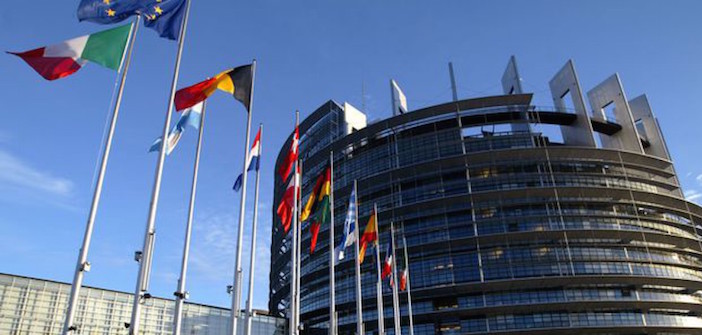The President of the European Commission, Jean-Claude Juncker, is advocating for the European Union to allow member states to strengthen their cooperation in certain areas without requiring the entire bloc to follow suit.
The Commission will present its proposals on this subject in a white paper, announced Juncker.
The idea of a multi-speed Europe, which for years has fueled a lively debate within the Union, was revived by the British vote in favor of leaving the EU on June 23rd last year.
Some governments wish to deepen the sharing of sovereignty in hopes of improving the EU’s efficiency, while others believe that Brexit and the rise of nationalist parties on the continent demonstrate that Europeans are against this notion.
In a speech titled “Europe, a Vision for the Future,” Juncker clearly showed his preference for the first option: “The time when we could imagine doing everything together is over,” he said.
“Shouldn’t those who want to move more quickly be able to do so without hindering others, by establishing a more structured framework open to all?” “I will advocate in this direction,” he added.
German Chancellor Angela Merkel had predicted the formation of a multi-speed EU, echoing other founding members like France and pleasing the Italian organizers of the Rome summit on March 25, intended to launch a broad debate on EU reform sixty years after the signing of the Treaty of Rome.
But other member states, particularly those in Eastern Europe, believe that the idea is divisive and risks hindering the progress of their economies, which are striving to reach the level of prosperity of Western Europe. Some member countries argue that the EU already allows enhanced cooperation between certain states.
The best example of this is the eurozone, which comprises 19 of the EU’s 28 members.
However, there remain other areas, such as defense, that could be considered recipients.


